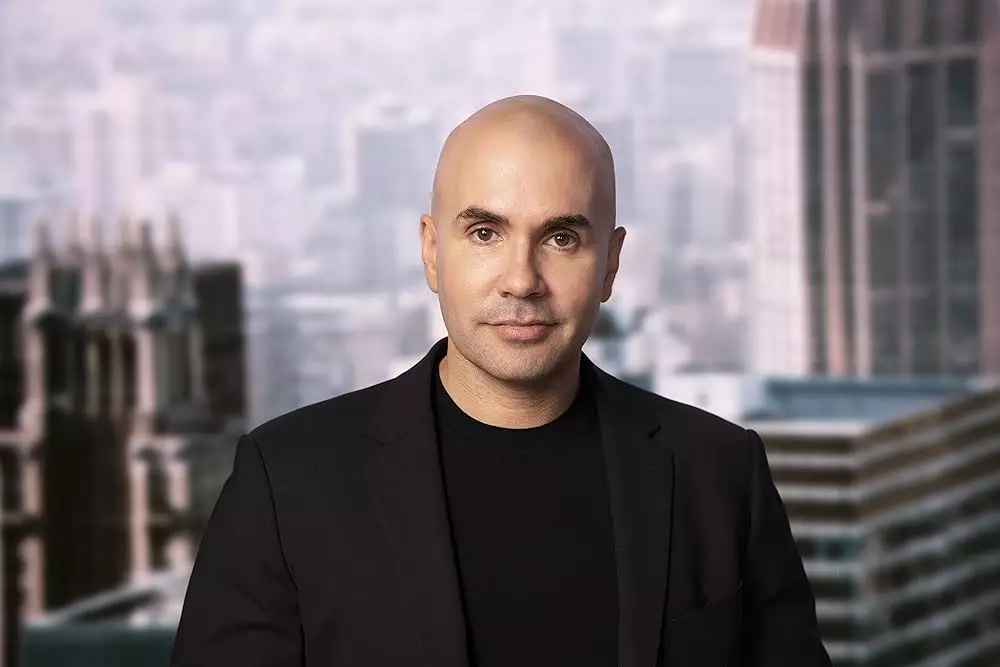Chris McCarthy’s departure from Paramount Global marks the end of an era defined by ambitious vision and strategic risk-taking. For over two decades, his career reflects a relentless pursuit of innovation within the complex terrain of entertainment media. His tenure coincided with seismic industry shifts—from cord-cutting and streaming wars to intense competition for IP dominance. McCarthy navigated these turbulent waters not with cautious conservatism but with audacious boldness, positioning Paramount as a formidable player in both traditional and digital entertainment spheres. His decision to leave public company after a significant merger underscores his commitment to shaping a new chapter on his own terms—one that recognizes the importance of agility and creative risk in today’s dynamic media world.
His leadership was characterized by a willingness to gamble on high-profile talent and original content, notably under the umbrella of Paramount+ and Showtime. These efforts yielded tangible results: a significant subscriber boost, hit series, and a reinvigorated brand identity. McCarthy’s strategic bets, especially on creators like Taylor Sheridan, exemplify a leader who recognizes that in the modern era, owning exclusive, captivating IP is paramount. His work demonstrates that substantive growth often comes from visionary risk-taking rather than incremental adjustments, setting a blueprint for other executives amid industry chaos.
Leaving a Mark: The Power of Content and Talent Relationships
It’s impossible to assess McCarthy’s influence without acknowledging his keen eye for talent and content curation. His move to secure pivotal deals—such as bringing Jon Stewart back to The Daily Show and signing creative extraordinaires like Jez Butterworth—showcase a leader who understands that compelling storytelling remains the cornerstone of success. Equally important is his commitment to cultivating long-term creator relationships, exemplified by his strategic deal with Trey Parker and Matt Stone to extend South Park’s legacy. These moves demonstrate a sophisticated understanding that sustainable growth hinges on nurturing creative talent and investing in franchises with proven popularity.
Furthermore, his decision to focus heavily on IP-driven content underpins a broader industry trend—content ownership over content licensing. Achieving record figures for Showtime’s Yellowjackets and Dexter derived from investments in quality storytelling underscores his conviction that memorable series can galvanize brand loyalty and generate lucrative franchise opportunities. However, this approach is not without controversy, as some critics argue it risks over-reliance on familiar IP at the expense of fresh ideas. Despite this, McCarthy’s results affirm that smart, high-stakes content strategies can pay off in both viewership and profitability.
Legacy and Future Impact: The Challenge of Succession and Industry Evolution
McCarthy’s departure comes at a pivotal moment in an industry that continues to evolve at a breakneck pace. As part of a larger media consolidation with Skydance, his exit signals a shift in leadership philosophy—potentially moving away from the aggressive, project-focused approach he championed. While his colleagues like George Cheeks are expected to stay on, the uncertainty of Skydance’s succession planning casts doubt on how the new leadership will interpret McCarthy’s legacy.
The broader implications for the industry suggest that leadership must now be even more nimble, adaptable, and inventive to thrive amidst relentless change. McCarthy’s tenure exemplifies how a CEO’s ability to balance traditional media strengths with innovative digital strategies can define a company’s competitive edge. Future leaders must learn from his bold investments, calculated risks, and talent-first mentality—traits that, when wielded wisely, could shape the next wave of media giants. Yet, the question remains: who will carry forward his daring legacy, and how will the industry adapt to this ongoing transformation?
Ultimately, McCarthy’s story is one of strategic boldness, creative courage, and relentless pursuit of growth amid chaos. While he may step away from Paramount, the ripples of his influence will resonate as an example of audacity in an era that demands both vision and resilience.
